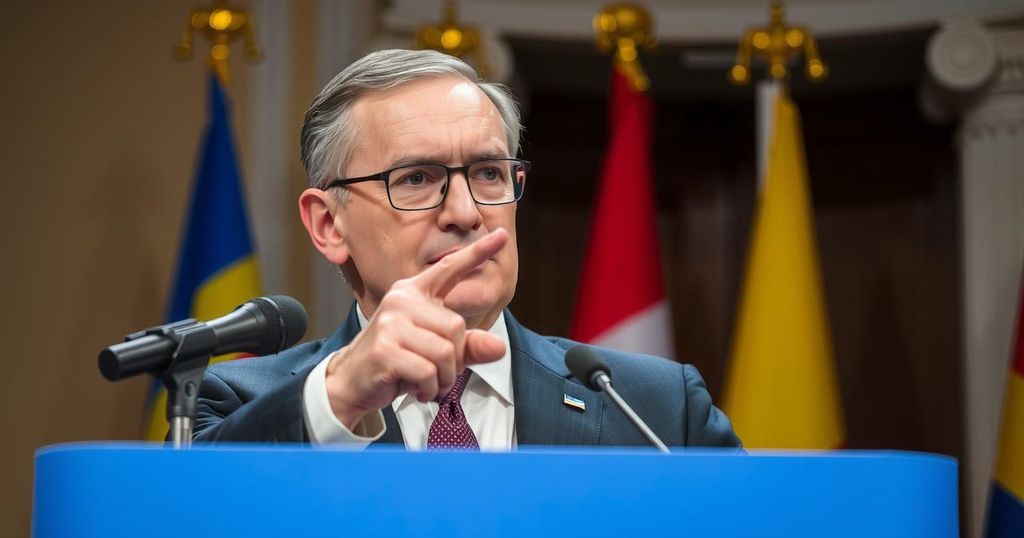Romania’s Presidential Election Sparks Political Uncertainty Affecting Europe and Ukraine

Romania’s recent presidential election has been annulled amid allegations of foreign interference and unexpected support for far-right candidate Călin Georgescu. The situation has prompted public protests and raised concerns about the future of democracy in Romania. A subsequent parliamentary election saw pro-European Social Democrats perform well, but growing far-right sentiment signals a complex political landscape ahead. The implications extend beyond Romania, affecting the stability of European alliances and support for Ukraine.
Romania’s recent presidential election has stirred political turbulence and uncertainty locally and regionally, triggered largely by the unexpected advance of far-right candidate Călin Georgescu and allegations of foreign interference. In the wake of the Constitutional Court’s ruling on December 6 that the election was marred by a manipulated online campaign, the political climate has become increasingly charged. Citizens took to the streets to voice their dissent against the far-right surge, while public concerns about socio-economic issues have grown amid a climate of rising prices and diminished job prospects.
The parliamentary election held shortly after provided some comfort for pro-European sentiment, as the Social Democrats secured 22 percent of the votes. Meanwhile, supporters of Georgescu, who aligns with nationalistic and pro-Kremlin policies, expressed outrage both at the annulment of the election and accusations of foreign manipulation, drawing parallels to Romania’s turbulent past under Communist rule. As the nation reevaluates its position in a rapidly changing geopolitical landscape, the ramifications of these events will be significant not only for Romania but also for the European Union and NATO, especially in the context of supporting Ukraine amid ongoing conflict.
The backdrop of Romania’s recent political turmoil can be traced to its historical struggle against authoritarianism, which culminated in the fall of Communist rule in 1989. Positioned strategically near Ukraine, Romania’s political dynamics bear significant implications for regional stability and international alliances, particularly in the face of Russian aggression. This election cycle is crucial not only for internal governance but also for Romania’s ongoing role in supporting Ukraine during an existential threat from Russia. The recent pledge by presidential candidate Elena Lasconi to uphold Romania’s Euro-Atlantic commitments underscores the stakes involved. As Romania experiences socio-economic challenges, public sentiment is increasingly reflected in the political arena, signaling a potential shift in the country’s future trajectory.
In conclusion, Romania’s political landscape is in a state of flux following a controversial presidential election fraught with allegations of foreign interference and rising nationalism. The annulment of the election and the emergence of far-right sentiments have heightened public concern about democratic integrity and socio-economic challenges. As Romania navigates this uncertain period, the outcomes will not only affect its own governance but will also resonate across Europe and allied nations, particularly with regard to ongoing support for Ukraine and regional stability.
Original Source: www.lowyinstitute.org








